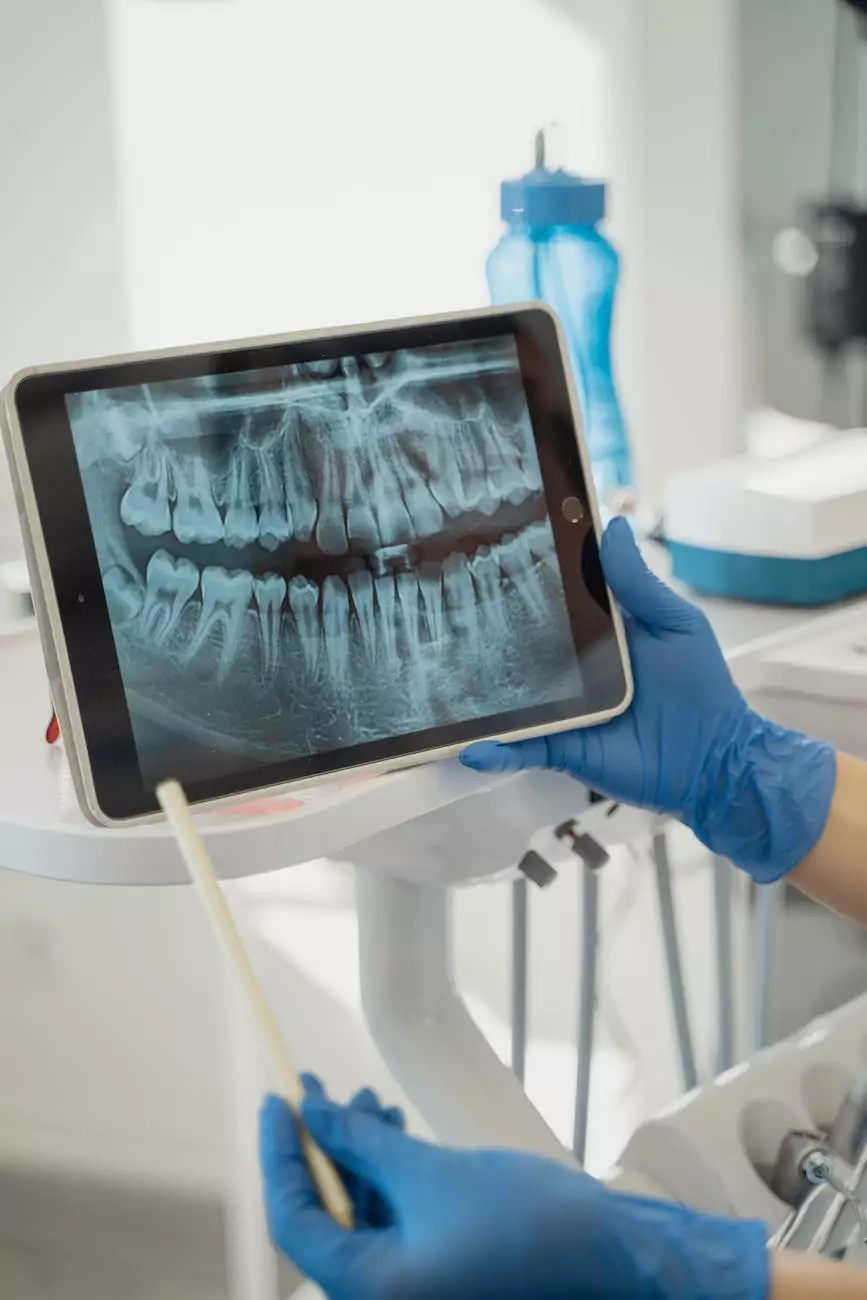The Two Types of Coping Skills
Personal Development
Enhancing Stress Management and Well-being at Birchwood Clinic
Introduction
Welcome to Birchwood Clinic, your source for the best consulting and analytical services in stress management and coping skills development. Our team at Holly Katz Performance Coaching is dedicated to helping individuals improve their well-being through a comprehensive approach. In this article, we will explore the two types of coping skills and how they can greatly benefit individuals seeking effective stress management strategies.
Understanding Coping Skills
Coping skills are essential tools that individuals use to navigate the challenges and demands of everyday life. These skills help us manage stress, cope with difficult situations, and maintain a healthy mental and emotional state. Coping skills play a vital role in our overall well-being and can greatly influence our ability to handle various stressors.
The Two Types of Coping Skills
1. Problem-Focused Coping
Problem-focused coping refers to strategies that are aimed at directly addressing the root cause of stress. This approach involves identifying and tackling the problem head-on, striving to find practical solutions and make necessary changes. Problem-focused coping is particularly useful in situations where we have control over the stressor and can actively work towards resolving it.
2. Emotion-Focused Coping
Emotion-focused coping involves strategies that focus on regulating emotions and managing the distress caused by a stressor. This approach aims to reduce emotional turmoil and enhance emotional well-being. Emotion-focused coping techniques may include seeking support from others, engaging in relaxation exercises, practicing mindfulness, or engaging in activities that bring joy and comfort.
Benefits of Developing Effective Coping Skills
Developing effective coping skills can have numerous positive effects on our overall well-being. Let's explore some of the key benefits:
1. Reduced Stress and Anxiety Levels
By mastering coping skills, individuals can effectively manage and reduce stress and anxiety levels. Efficiently handling stressors can lead to a greater sense of calmness, relaxation, and mental clarity.
2. Improved Problem-Solving Abilities
Problem-focused coping skills empower individuals to approach challenges with a proactive mindset. Strategic problem-solving abilities are essential in both personal and professional spheres, leading to increased confidence and achievement.
3. Enhanced Emotional Well-being
Emotion-focused coping skills allow individuals to navigate and regulate their emotions effectively. This fosters emotional resilience, self-awareness, and a greater ability to experience positive emotions and connections with others.
4. Strengthened Relationships
When we possess well-developed coping skills, we can communicate our needs and emotions more effectively in relationships. This leads to improved empathy, understanding, and the cultivation of healthier connections with others.
Seek Professional Assistance at Birchwood Clinic
At Birchwood Clinic, we understand the importance of coping skills and their impact on overall well-being. Our team of experts at Holly Katz Performance Coaching offers specialized consulting and analytical services to aid individuals in honing their coping skills and stress management techniques.
Our Approach
At Holly Katz Performance Coaching, we adopt a holistic approach to help clients develop coping skills that address their unique needs. Through customized consultations, we work closely with individuals to identify their strengths, areas of improvement, and provide practical strategies for effective coping.
Contact Us Today
If you are looking to enhance your coping skills, improve stress management, and nurture your well-being, we invite you to reach out to us at Birchwood Clinic. Our team of highly skilled professionals is ready to guide you towards a healthier, more fulfilling life. Contact Holly Katz Performance Coaching today for expert consulting and analytical services in stress management and beyond.










